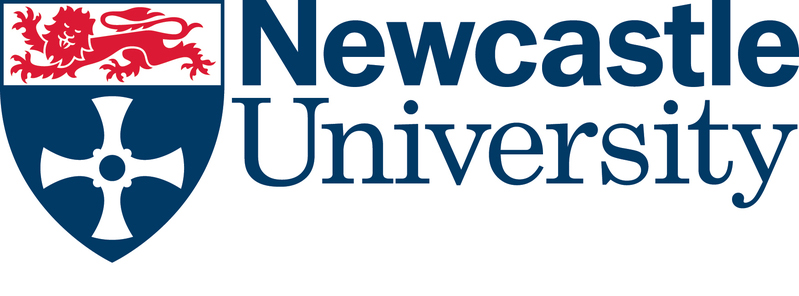Current Students
 Lillie Arnott
Lillie Arnott
- Arts, English, and Languages, Queen’s University Belfast
- Email: larnott01@qub.ac.uk
My PhD project aims to answer the fundamental question of why self-conscious theatre came to light on the Renaissance stage in the work of Shakespeare and his contemporaries. The dramatic device of self-conscious theatre involves the use of theatrical terms, such as ‘stage’ or ‘audience’, alongside play-within-a-play conventions, that draw self-conscious attention to the dramaturgy of the theatre. My research aims to show that self-conscious theatre not only provides theatrical pleasure but plays an important role in identity formation. The thesis argues that the convention arose specifically to articulate ideas about selfhood as formed and shaped through interactions with others. It focuses on interaction to argue for the intersubjectivity of identity which depends upon the perception of others. The concept of the intersubjective self, where the individual evolves in constant dialogue and interaction with other selves, has been the focus of Renaissance criticism in recent years. The thesis considers the dialogue between the self and self-conscious theatre to argue that the dramatic device, which enables interaction between the stage and the audience, situates identity on the theatrical boundary. It focuses on how the device makes audiences self-conscious of their own identity and their identity as an audience.
https://pure.qub.ac.uk/portal/en/persons/lillie-arnott(0a9ae948-307f-4f8f-8c9b-12325f2b4b9b).html
https://qub.academia.edu/LillieArnott
Supervisory Team: Dr Edel Lamb, Arts, English and Languages (QUB), Prof. Richard Schoch, Arts, English and Languages (QUB), Dr Patrick Gray, English Studies (Durham).
Start Date: September 2017.








